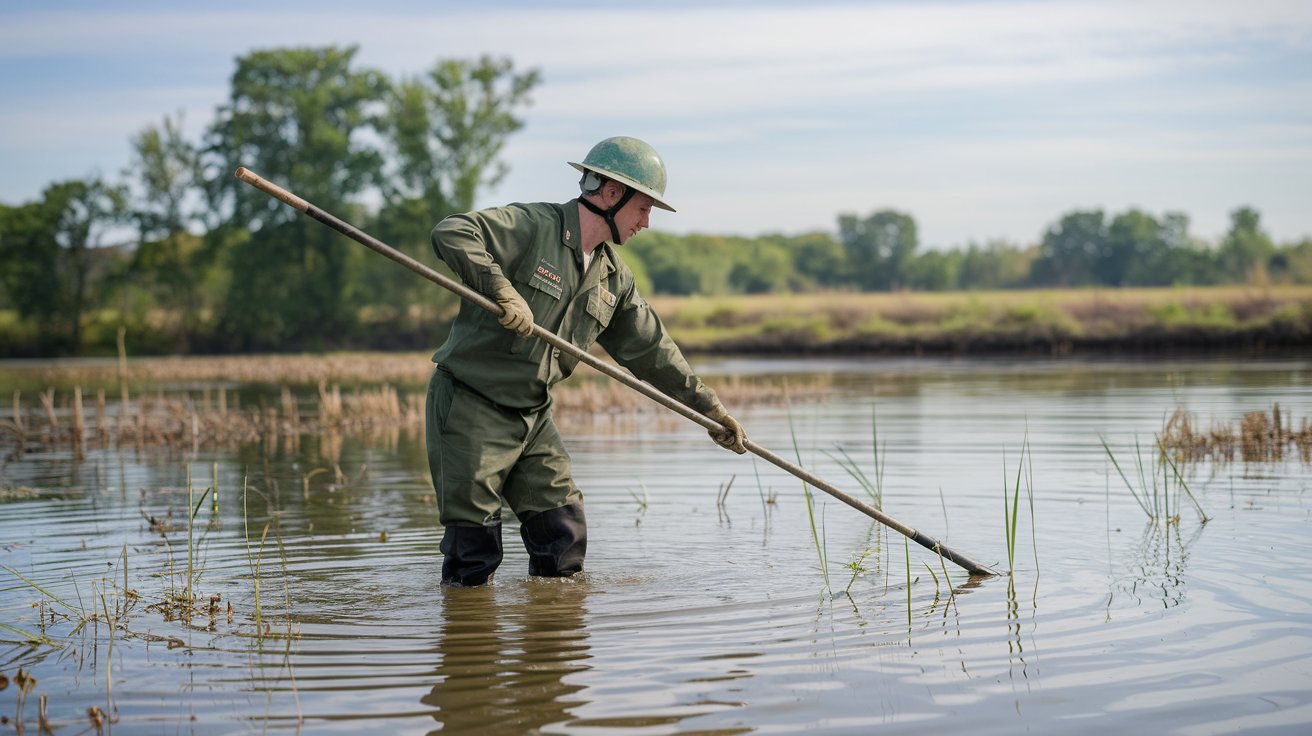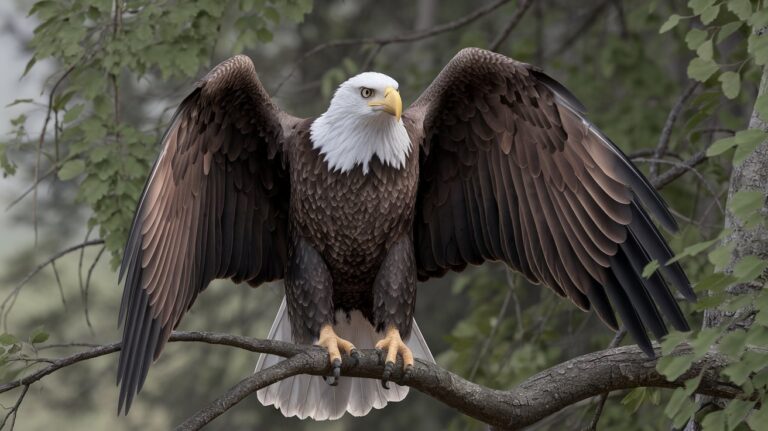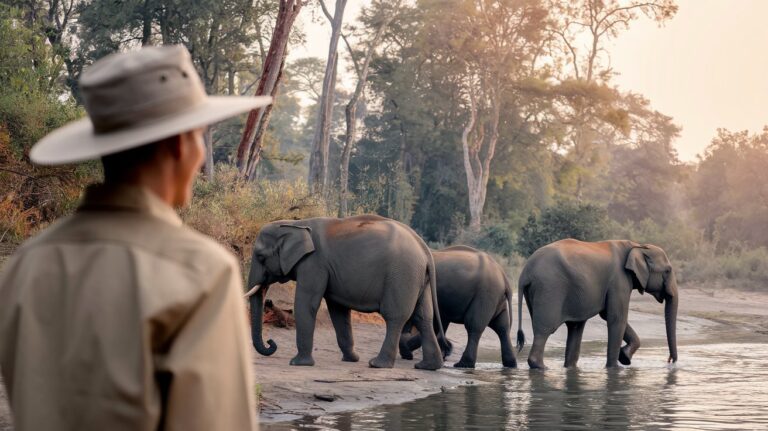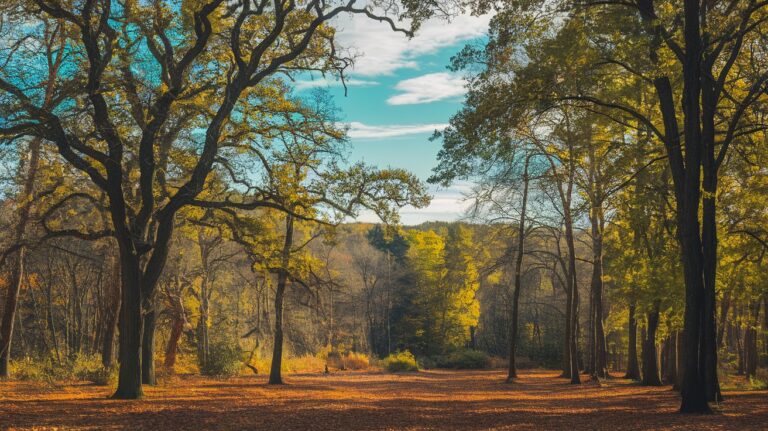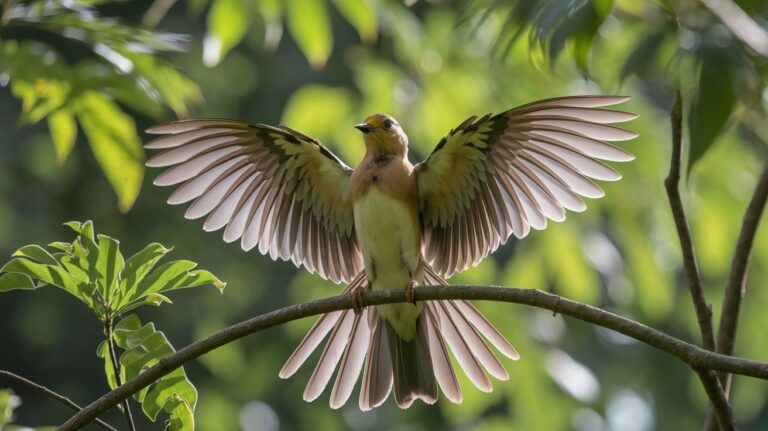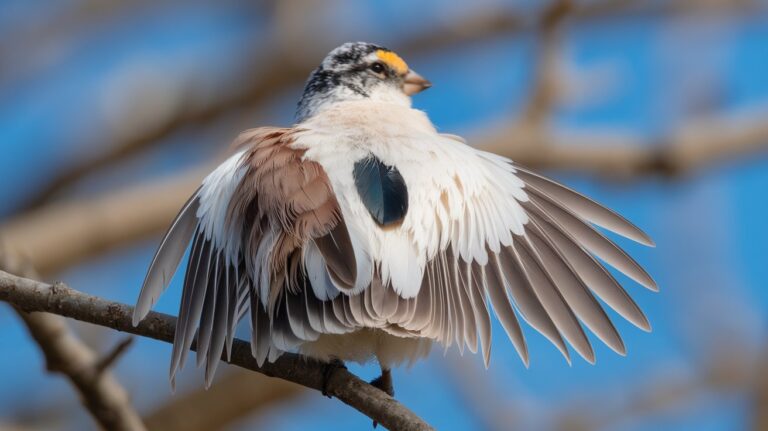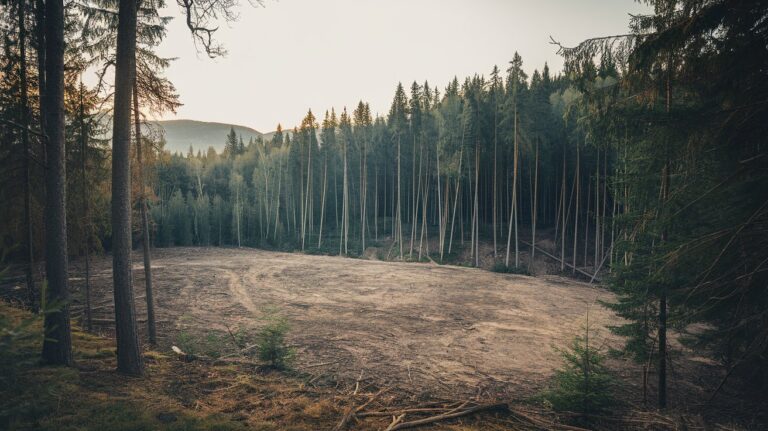Wildlife Conservation Jobs 2025: Salaries, Requirements & Careers
Wildlife conservation jobs offer rewarding career paths for individuals passionate about protecting endangered species and preserving natural habitats. With growing environmental concerns and increased federal funding in 2025, wildlife conservation jobs are experiencing unprecedented demand across the United States. From entry-level positions requiring no degree to specialized roles commanding six-figure salaries, the conservation field provides diverse opportunities for professionals at every career stage.
Types of Wildlife Conservation Jobs Available in 2025
The wildlife conservation field encompasses numerous specialized positions, each contributing to ecosystem protection and species preservation. Wildlife biologists represent the largest segment, conducting field research and monitoring animal populations across national parks and protected areas. According to the Bureau of Labor Statistics, the United States employed over 19,300 wildlife biologists in 2024, with job growth projected at 8% through 2034.
Conservation officers serve as law enforcement professionals protecting natural resources and wildlife habitats. These positions combine outdoor work with regulatory enforcement, requiring specialized training in both wildlife management and criminal justice. Park rangers, habitat restoration specialists, and environmental educators round out the core conservation job categories, each offering unique career trajectories and advancement opportunities.
Entry-Level Wildlife Conservation Positions
Many wildlife conservation jobs no experience required exist for recent graduates and career changers. Wildlife technician positions offer hands-on field experience conducting surveys, collecting data, and assisting senior biologists with research projects. These roles typically require a bachelor’s degree in biology or related field, with starting salaries ranging from $35,000 to $45,000 annually. Seasonal positions with agencies like the National Park Service and U.S. Fish and Wildlife Service provide valuable experience and networking opportunities for aspiring conservation professionals.
Advanced Conservation Career Opportunities
Senior-level positions in wildlife conservation require specialized expertise and advanced degrees. Wildlife research scientists design and implement long-term studies, publish findings in peer-reviewed journals, and influence conservation policy at state and federal levels. Conservation program managers oversee multi-million-dollar initiatives, coordinate with stakeholders, and develop strategic plans for species recovery. These positions command salaries ranging from $70,000 to $120,000 annually, with additional benefits including health insurance, retirement plans, and professional development opportunities.
Wildlife Conservation Jobs Salary Ranges by Position
Understanding wildlife conservation jobs salary expectations helps professionals make informed career decisions and negotiate competitive compensation packages. Entry-level wildlife technicians earn between $35,000-$45,000 annually, while experienced wildlife biologists command salaries ranging from $55,000-$85,000 per year. Geographic location significantly impacts earning potential, with positions in Alaska, California, and federal agencies typically offering premium compensation.
The highest paying job in wildlife conservation often falls within specialized research or management roles. Wildlife research scientists at universities or federal agencies can earn $90,000-$130,000 annually, particularly those with doctoral degrees and extensive publication records. Conservation directors and program managers at major non-profit organizations frequently exceed $100,000 in annual compensation, especially in metropolitan areas with high costs of living.
Educational Requirements and Career Pathways
Most wildlife conservation jobs require minimum bachelor’s degree in biology, ecology, wildlife management, or environmental science. However, wildlife conservation jobs no degree options exist primarily in support roles such as field assistants, maintenance technicians, and volunteer coordinators. Community colleges increasingly offer associate degree programs in natural resource management, providing alternative pathways into the conservation field.
Advanced positions typically require master’s degrees or doctoral qualifications, particularly for research scientist roles and university positions. Professional certifications from organizations like The Wildlife Society enhance career prospects and demonstrate specialized expertise. Continuing education remains crucial as conservation techniques evolve and new environmental challenges emerge requiring innovative solutions.
Essential Skills for Conservation Professionals
Modern conservation job roles demand diverse skill sets combining scientific knowledge with technology proficiency. Geographic Information Systems (GIS) expertise has become essential, with over 80% of wildlife positions requiring mapping and spatial analysis capabilities. Data analysis skills using software like R and Python enable professionals to process complex datasets and identify population trends. Communication abilities remain crucial for writing grant proposals, presenting research findings, and educating the public about conservation issues.
Professional Development and Networking
Building successful careers in wildlife conservation requires active participation in professional organizations and continuing education programs. The Wildlife Society offers certification programs, conferences, and networking opportunities connecting professionals nationwide. State wildlife agencies frequently host training workshops covering emerging conservation techniques and regulatory updates. Volunteer work with conservation organizations provides valuable experience while contributing to important environmental causes.
Remote and Location-Based Opportunities
Wildlife conservation jobs remote opportunities have expanded significantly since 2020, particularly in data analysis, GIS mapping, and administrative roles. Remote positions include conservation database management, environmental impact assessment, and grant writing for non-profit organizations. While field work remains location-dependent, hybrid positions combining remote analysis with periodic field visits have become increasingly common.
Geographic diversity in wildlife conservation jobs near me varies considerably across the United States. Western states like Montana, Wyoming, and Colorado offer abundant opportunities in federal agencies and state wildlife departments. Southeastern states provide positions focused on wetland restoration and migratory species management. Urban areas increasingly offer conservation roles in environmental consulting, zoo management, and environmental education programs.
Federal Employment Opportunities
Federal agencies employ thousands of wildlife conservation professionals across diverse positions and geographic locations. The U.S. Fish and Wildlife Service alone employs over 8,000 individuals in conservation-related roles, from entry-level biological technicians to senior research scientists. Federal positions offer competitive salaries, comprehensive benefits packages, and opportunities for advancement within the federal career system. USAJobs.gov serves as the primary portal for federal conservation positions, with new opportunities posted regularly.
State and Local Conservation Careers
State wildlife agencies provide numerous conservation job opportunities tailored to regional ecosystems and species management needs. These positions often focus on game management, habitat restoration, and public outreach programs. Local conservation districts, land trusts, and municipal environmental departments offer additional career pathways, particularly for professionals interested in community-based conservation initiatives and environmental education programs.
Job Market Demand and Growth Projections
The question are wildlife conservation jobs in demand has a resoundingly positive answer in 2025. Federal funding increases for environmental protection and climate change mitigation have created unprecedented opportunities in the conservation sector. The Biden administration’s commitment to conserving 30% of U.S. lands and waters by 2030 has generated thousands of new positions across federal and state agencies.
Private sector demand for conservation professionals continues growing as corporations embrace environmental sustainability initiatives. Environmental consulting firms, renewable energy companies, and land development organizations increasingly hire wildlife specialists to ensure compliance with environmental regulations and implement sustainable practices. Non-profit conservation organizations have also expanded hiring to meet growing public support for environmental protection efforts.
International and Specialized Conservation Opportunities
Wildlife conservation jobs abroad offer exciting opportunities for professionals seeking international experience and cross-cultural conservation work. Organizations like the Peace Corps, World Wildlife Fund, and Conservation International regularly recruit American professionals for projects in developing countries. These positions often focus on capacity building, research collaboration, and community-based conservation initiatives.
Specialized conservation fields continue emerging as environmental challenges evolve. Marine conservation, urban wildlife management, and climate change adaptation represent growing sectors requiring specialized expertise. Genetic rescue programs, wildlife rehabilitation, and conservation technology development offer unique career paths for professionals with specific interests and qualifications.
Related video about wildlife conservation jobs
This video complements the article information with a practical visual demonstration.
Frequently Asked Questions
What kind of jobs can you get in wildlife conservation?
Wildlife conservation offers diverse career paths including wildlife biologist, conservation officer, park ranger, environmental educator, habitat restoration specialist, and research scientist positions. Entry-level roles include wildlife technician and field assistant positions, while advanced careers encompass program management, policy development, and specialized research roles across federal agencies, state departments, and non-profit organizations.
What do you do with a wildlife conservation degree?
A wildlife conservation degree opens doors to careers in government agencies like U.S. Fish and Wildlife Service, state wildlife departments, environmental consulting firms, zoos and aquariums, non-profit conservation organizations, and research institutions. Graduates can pursue roles in field research, habitat management, environmental education, policy development, and conservation program administration with starting salaries ranging from $35,000-$55,000 annually.
What is the highest paying job in wildlife?
The highest paying wildlife conservation jobs include wildlife research scientists at federal agencies or universities earning $90,000-$130,000 annually, conservation program directors at major non-profits exceeding $100,000, and senior wildlife biologists with specialized expertise commanding $80,000-$120,000 per year. Geographic location and advanced degrees significantly impact earning potential in conservation careers.
Are wildlife conservation jobs in demand?
Yes, wildlife conservation jobs are experiencing strong demand in 2025 due to increased federal funding for environmental protection and climate change initiatives. The Bureau of Labor Statistics projects 8% growth for wildlife biologists through 2034, faster than average for all occupations. Federal commitments to land conservation and corporate sustainability initiatives continue driving job creation across the conservation sector.
Can you get wildlife conservation jobs without experience?
Entry-level wildlife conservation positions are available for candidates without extensive experience, including wildlife technician roles, seasonal positions with federal agencies, and volunteer coordinator positions. These jobs typically require a relevant degree but provide on-the-job training and mentorship. Internships, volunteer work, and seasonal positions offer pathways to gain necessary experience for career advancement in conservation.
What are the best locations for wildlife conservation careers?
Top locations for wildlife conservation jobs include western states like Montana, Wyoming, Colorado, and Alaska for federal positions, southeastern states for wetland and migratory species work, and metropolitan areas for consulting and education roles. States with large federal land holdings and diverse ecosystems typically offer the most opportunities, with Washington D.C. providing policy and administrative positions.
| Career Level | Salary Range | Key Benefits |
|---|---|---|
| Entry-Level Technician | $35,000-$45,000 | Hands-on experience, federal benefits, career growth |
| Wildlife Biologist | $55,000-$85,000 | Research opportunities, outdoor work, meaningful impact |
| Senior Scientist | $90,000-$130,000 | Leadership roles, policy influence, advanced research |
| Program Director | $100,000+ | Strategic oversight, stakeholder engagement, conservation impact |
